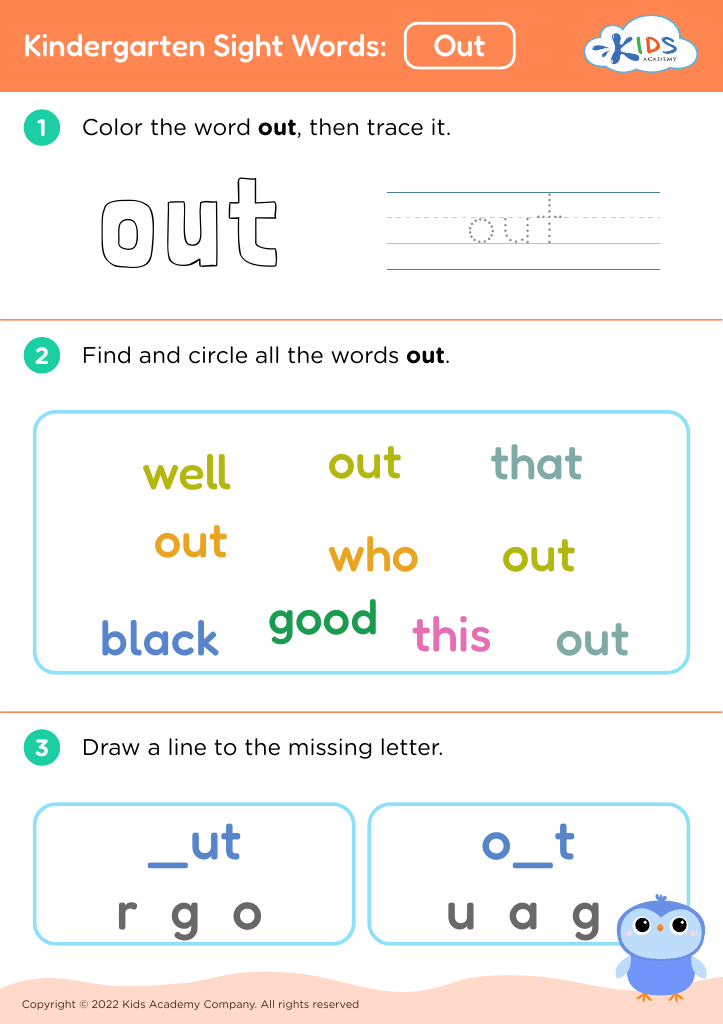Enhance vocabulary skills Building Vocabulary Worksheets for 6-Year-Olds
3 filtered results
-
From - To
Discover exciting ways to enhance vocabulary skills with our Building Vocabulary Worksheets designed specifically for 6-year-olds! Our engaging worksheets promote language development, helping young learners expand their word bank in a fun and interactive manner. Featuring colorful illustrations and relatable examples, these resources encourage children to recognize new words and understand their meanings. Perfect for home or classroom use, our worksheets include various activities that cater to different learning styles. Watch your child’s confidence grow as they master vocabulary through enjoyable exercises, paving the way for a lifetime love of reading and learning. Start building their vocabulary today!
Building vocabulary skills for six-year-olds is crucial for their overall development and learning. At this pivotal age, children are rapidly acquiring language, and a rich vocabulary lays the groundwork for effective communication, literacy, and cognitive growth. Strong vocabulary skills enable children to express themselves clearly and engage in meaningful conversations. This not only boosts their confidence but also aids in developing critical thinking and comprehension skills.
Moreover, a robust vocabulary supports reading proficiency, which is essential for academic success. Children with a well-developed vocabulary can better understand texts, leading to improved performance in school. Exposure to diverse words and phrases opens their minds to new concepts, enhancing their ability to engage with various subjects.
Teachers and parents should focus on vocabulary building through interactive activities, storytelling, and discussions. Engaging with literature, particularly age-appropriate books, can introduce children to new vocabulary in context, making learning both enjoyable and effective. Encouraging curiosity about words and their meanings fosters a love for language and learning.
In summary, investing time and effort into building vocabulary skills for young learners sets them on a path toward success in school and in life, nurturing their communication abilities and intellectual development.


































